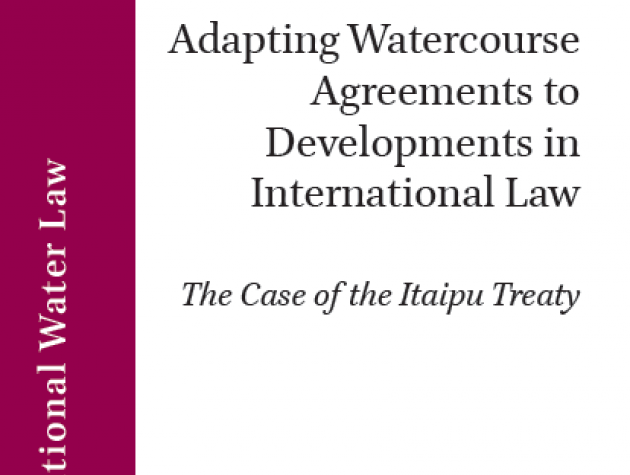GEG WP 2018/138 Legal developments in the enforcement of international environmental commitments
States commit to protect citizens’ rights through international treaties. With globalization, however, cross-border transactions and transnational relationships have increased the role of non-state actors, in particular corporations. While corporations have indeed transformed the international landscape, they are not parties in inter-state treaties. By taking a broad view of international law and international environmental issues, and then narrowing the focus to non-state actors, this paper uses examples of human rights and climate change litigation to argue that even though non-state actors have not formalized their commitments, these commitments can be enforced, especially in the case of environmental protection commitments. The key lies in the new tools made available through developments in private international law; the application of these in the enforcement of such commitments constitutes a new type of enforcement that in this paper it is referred to as ‘bottom-up enforcement’ of international environmental commitments.







